The Lifeline Beyond the Frontline
In the high-stakes world of first responders, the daily challenges and traumatic events they face can take a toll on their mental health. While these brave men and women are dedicated to protecting and saving lives, the toll of their experiences can lead to stress, anxiety, and other mental health issues. In recent years, the importance of regular counseling sessions for first responders has gained recognition, offering a crucial lifeline beyond the frontline. In this blog post, we'll explore the undeniable benefits of seeking counseling as a vital component of their overall well-being.
Trauma Processing and Coping Mechanisms: First responders often witness and experience traumatic events that can have a lasting impact on their mental health. Regular counseling sessions provide a safe space for these individuals to process their experiences, share their emotions, and develop healthy coping mechanisms to navigate the challenges they face daily.
Stress Reduction and Burnout Prevention: The nature of the work first responders undertake can lead to chronic stress and, ultimately, burnout. Counseling sessions offer a proactive approach to stress reduction by helping individuals identify sources of stress, develop stress-management strategies, and prevent burnout before it reaches a critical stage.
Breaking the Stigma Surrounding Mental Health: Historically, there has been a stigma surrounding mental health within the first responder community. Regular counseling helps break down these barriers by fostering a culture of open communication about mental health. When first responders see their colleagues prioritizing mental well-being, it encourages others to seek help without fear of judgment.
Enhanced Resilience and Emotional Intelligence: Counseling equips first responders with tools to enhance their emotional intelligence and resilience. By understanding and managing their own emotions, they can better navigate high-pressure situations, maintain composure, and make sound decisions during emergencies.
Improved Interpersonal Relationships: The toll of the job can extend beyond the workplace, affecting personal relationships. Regular counseling helps first responders communicate effectively with their loved ones about the challenges they face. This, in turn, fosters stronger interpersonal relationships and a support system crucial for overall well-being.
Early Intervention for Mental Health Issues: Regular counseling serves as a preventive measure, allowing mental health professionals to identify early signs of more severe issues such as PTSD, depression, or anxiety. Early intervention increases the likelihood of successful treatment and helps first responders continue their vital work without compromising their mental health.
The mental health of first responders is a critical component of their ability to perform their duties effectively. Regular counseling sessions offer a proactive and supportive approach to address the unique challenges these individuals face. By breaking down the stigma surrounding mental health, providing tools for stress management, and fostering emotional resilience, counseling becomes an invaluable resource for those who dedicate their lives to saving others. It's time to recognize and prioritize the mental well-being of our first responders, ensuring they have the support they need beyond the frontline.
